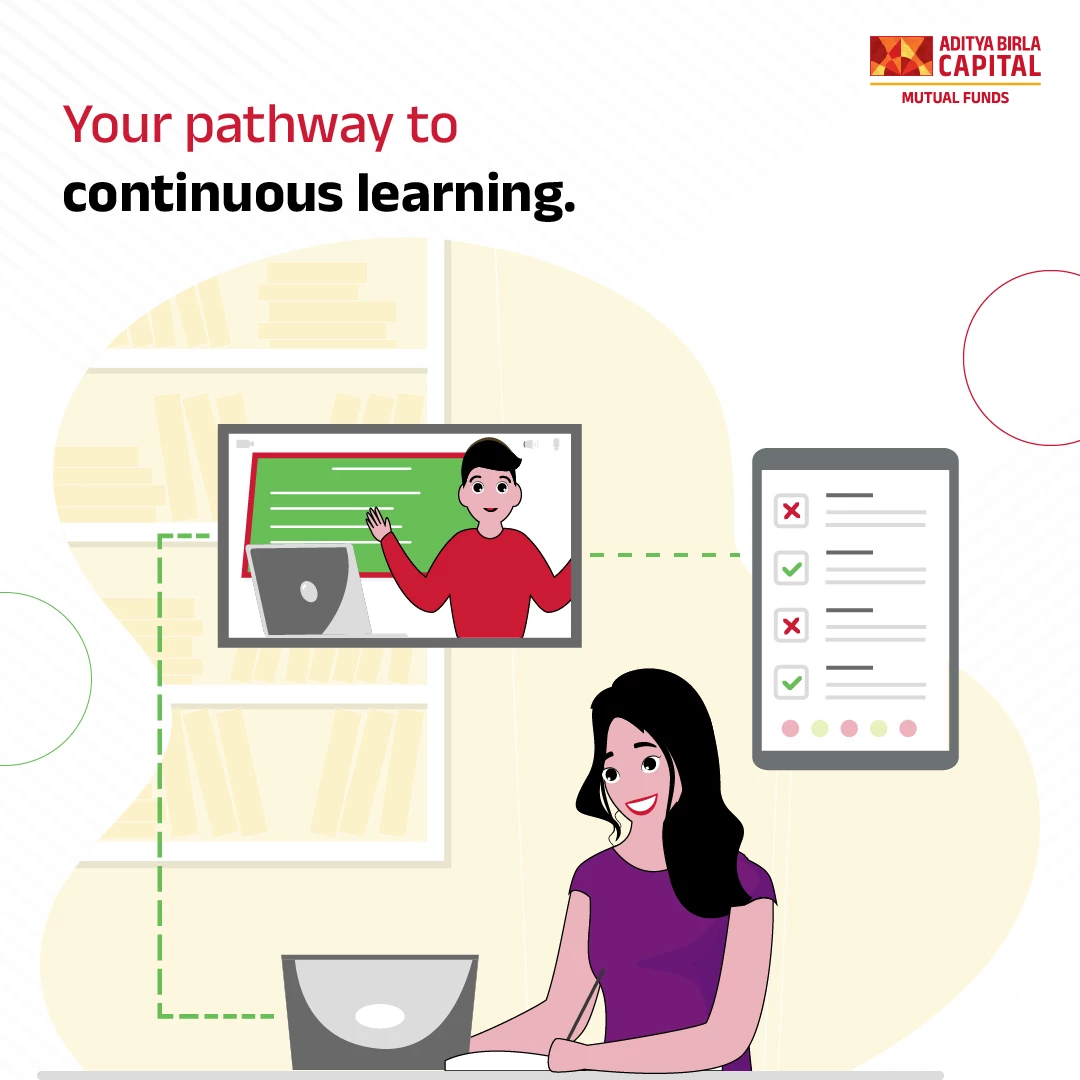Surprisingly, financial literacy and planning are something that can be taught from a very young age. By teaching your kids about money when they’re young, you can help your children become more financially confident adults. In fact, you can start as early as age 3 or 4! There are simple financial skills you can introduce at any age, like teaching your kids about saving money, for example.
Birthdays are a perfect opportunity to ask your child what they want to do with their birthday money. By doing so, you are already teaching them the concept of paying yourself first, a concept that will help them so much in the future. Ask your child to help make a shopping list with you because helping make a list can help them get a better understanding of smart buying habits.
As your child gets older and reaches the teenage years, it’s a perfect time to introduce an allowance or money for extra chores – an introduction to their first earnings. Most seven and eight years old understand the concept of savings but, as they get older, start discussions about saving for the short and long-term, an important lesson in financial literacy.
Have them open their own account and let them make deposits and withdrawals. Taking the time to teach kids about money is a great way to improve their financial literacy. Just start the conversations early and keep having them on a regular basis, and you will be well on your way to helping your children learn and grow financially and to build a solid financial foundation for the future.
The reality is that it is never too early, or too late for that matter, to get started. Unfortunately, very little about financial awareness is taught to our children at either school or university, so it is incumbent on you to provide these life-changing skills and expertise. Managing your money can seem like a challenging concept for anyone, let alone a teenager, so let’s focus on some easy-to-follow tips to help your teenager get started.
Know Their Income
Even if your child is not making a lot of money, or simply relies on an allowance, the first step is to help them determine their income. Have them total income from a part-time job, if applicable, allowance, gift money, and any other sources of income to determine how much they earn each month. Whatever the number is, this represents the baseline for all their saving and spending decisions.
Create a Budget
The teenage years are a perfect time to learn how to develop and adhere to a budget. Have your teenager list out their expenses based on two key categories of saving and spending. Saving will include amounts to go into saving for a specific goal or item, including contributing to an education fund, for example, or maybe saving for a short-term goal, like a new laptop or vacation with friends. Help your child set realistic, achievable goals. Spending should include those amounts spent on things like their phone, eating out or daily treats, clothes, accessories, beauty and entertainment, for example. This is the perfect time to help your teenager better understand needs versus wants, and that there are sometimes difficult trade-offs required in order to maintain a balanced budget
Track and Balance the Budget
Now is the perfect time to help your child develop a tracking system for their expenses, whether it be saving receipts, jotting their expenditures in a notebook or developing an easy-to-use online tracking system. Help your teenager review their budget to see if, and where, they should cut back, if required.
Open A Savings Account
If they haven’t done so already, have your teenager open one or more savings accounts to help them get into the habit of saving. Encourage them to put the money they receive as gifts into savings as well, and review their savings account statements with them so they can see how their money grows over time. Discuss the “pay-yourself-first” strategy, wherein they automatically allot a certain amount of their monthly income to savings. By prioritizing the habit of saving, your teenager learns the value of discipline – and how you have less of a chance to blow your budget if you contribute to savings before you start spending!
Even if your child is not making a lot of money, or simply relies on an allowance, they have the distinct benefit of time. It’s important that they see how small, regular savings can grow over time. By learning the basic principles of budgeting, saving and spending early on, your teenager will be able to learn from their mistakes now and develop habits that will enable their future financial security, while building confidence and a nest egg at the same time. There is no better time than as your teenager approaches adulthood to help shape their financial behaviour. In fact, having conversations about money now will help your child make better decisions for both today and the future.
An Investor Education and Awareness Initiative of Aditya Birla Sun Life Mutual Fund.
All investors have to go through a one-time KYC (Know Your Customer) process. Investors to invest only with SEBI registered Mutual Funds. For further information on KYC, list of SEBI registered Mutual Funds and redressal of complaints including details about SEBI SCORES portal, visit link: bit.ly/Birla KYC for further details.
Mutual Fund investments are subject to market risks, read all scheme related documents carefully.







 1800-270-7000
1800-270-7000










